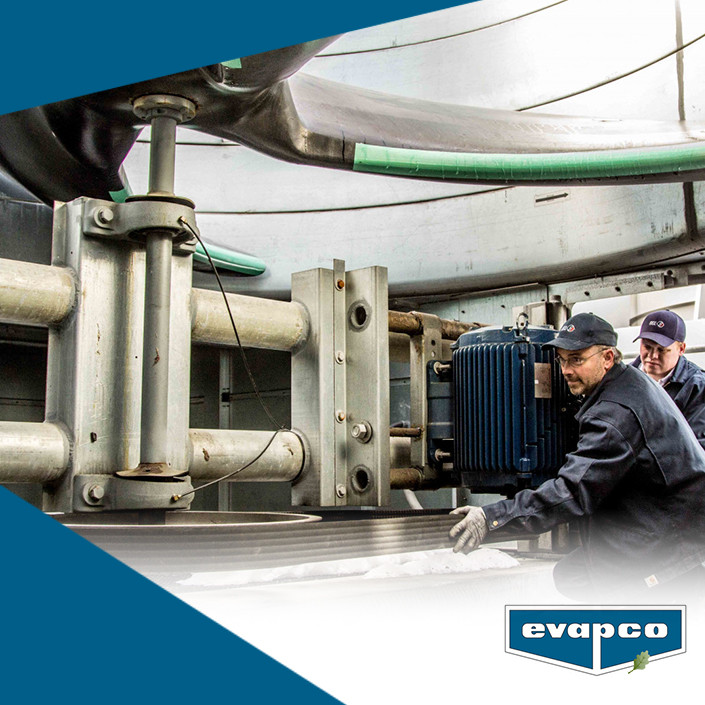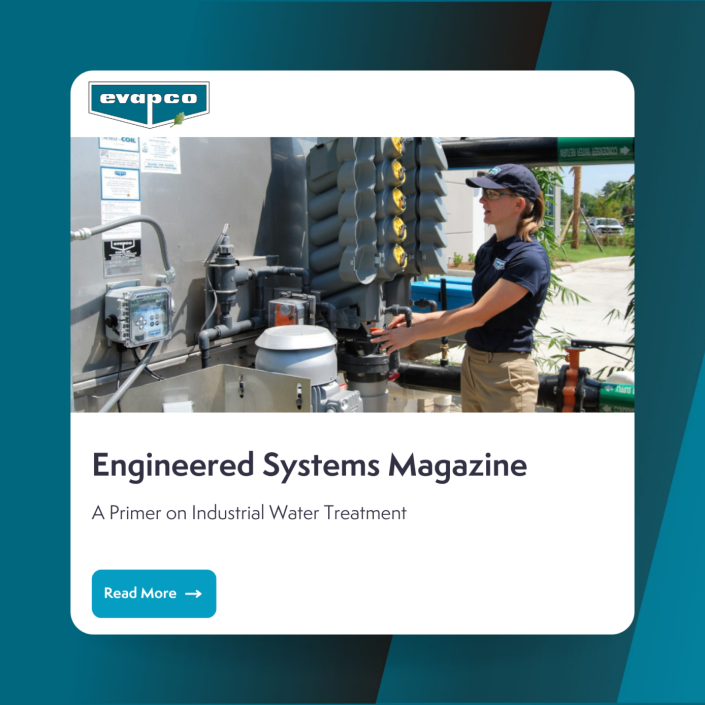
April 2024
April 16, 2024
For decades, cooling towers have provided the most efficient means of cooling large commercial buildings or industrial process loops by supplying the lowest operating temperatures. Yet, through the years, water-based cooling systems have evolved dramatically. Terminal units, chiller plant components, cooling towers (and fluid coolers), and the controls that tie them together have all made strides in efficiency, controllability, heat transfer and water conservation. The end-user, owner, installer and maintenance personnel all benefit. “Many facets of tower maintenance are still best conducted
April 11, 2024
With limited exception, many industrial facilities require the use of water as a coolant, either to transfer thermal energy or to support manufacturing processes. The extent of water consumption depends on the type of usage or processes involved. The quality of the incoming, raw water often requires treatment or filtration — with higher levels of management and quality control to meet specific needs. Clearly, the needs for automotive manufacturing or data center cooling may differ from water quality requirements at a hospital, clean room facility, or hotel. Industrial process water is used for


